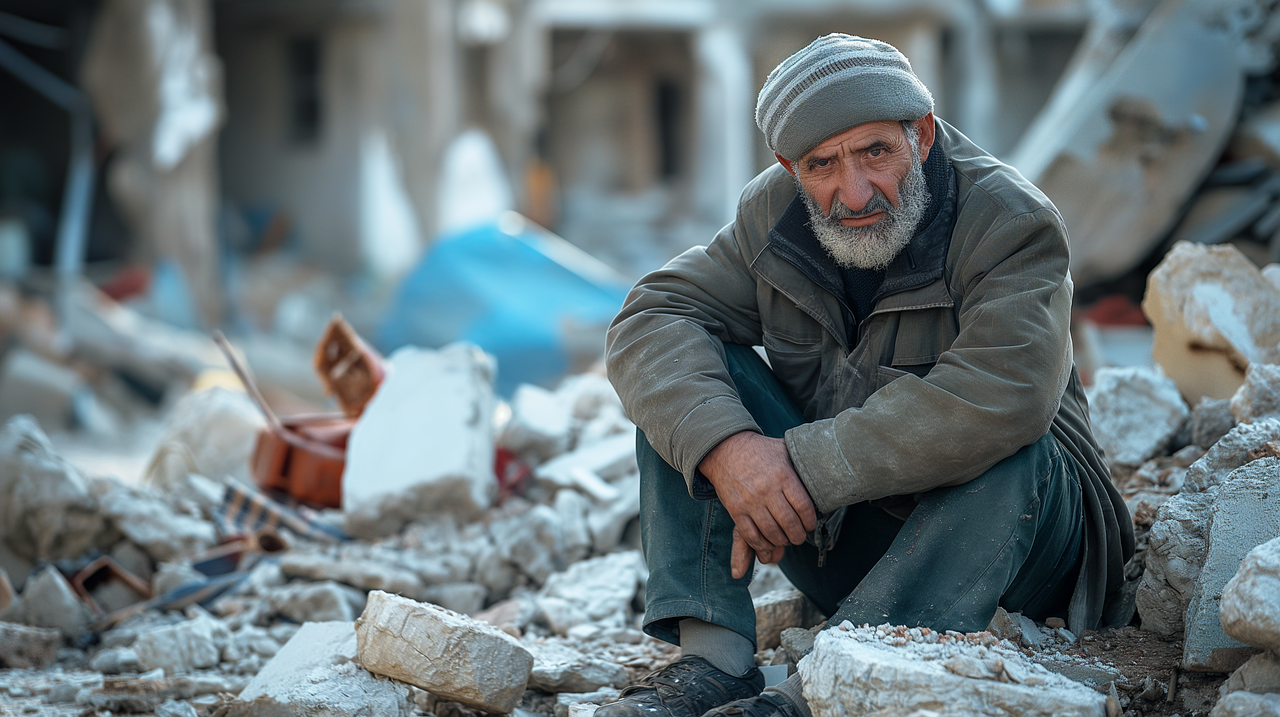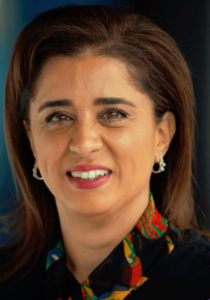
Image by Save_Palestine from Pixabay
Cairo: I have just returned from the occupied Palestinian territory, where I visited the West Bank, including East Jerusalem, Jenin, and Gaza.
The situation in Gaza is concerning on both a human and humanitarian level. I saw firsthand the scale of devastation: lives and homes in ruins, hospitals overwhelmed, and a fully destroyed city.
Lack of fuel is compromising all health and humanitarian operations.
Running sewage and garbage litter demolished streets, with the smell of fermented waste permeating the air. This situation is providing the perfect breeding ground for diseases to spread, leading to an increase in cases of acute watery diarrhoea and acute respiratory infections.
Ongoing violence and the breakdown of law and order are devastating an already crippled city and creating an extremely high-risk environment, not just for aid workers but everyone in Gaza.
The breakdown of law and order also makes it nearly impossible to manage gender-based violence, exposing displaced Palestinians to additional life-threatening risks.
I met with WHO [The World Health Organization] staff in Gaza, many of whom are national staff who have faced personal loss and suffering. Despite these challenges, they continue to risk their lives to deliver fuel and medical supplies to hospitals and transfer patients to safety and care, striving to overcome delays and obstructions along the way.
As a result of increasing hostilities and soaring needs, WHO has expanded its medical supply chain for Gaza. However, much of this aid remains stuck on the wrong side of the borders, with only a fraction reaching Gaza.
And even when supplies do enter Gaza, the breakdown of law and order again makes it challenging for our teams to deliver them to hospitals that urgently need them.
I visited the IMC field hospital in Deir Balah, which has relocated twice and tripled its capacity over the past few months. There, I met severely malnourished 7-year-old Jana, who was evacuated from Kamal Adwan in the north three months ago and is still waiting for evacuation outside Gaza.
Jana is one of more than 10,000 patients in need of specialized care outside the Strip, yet who remain unable to exit since 7 May 2024. Their conditions range from trauma injuries to chronic diseases to others.
In my meetings with Muhannad Hadi, United Nations Deputy Special Coordinator and Resident Humanitarian Coordinator for the occupied Palestinian territory, and Tor Wennesland, the UN Special Coordinator for the Middle East Peace Process, we agreed on the need for immediate action to address suffering in Gaza.
- We need the Member States to swiftly fulfil their global diplomacy mandate and expedite an immediate truce.
- We need all borders, including the Rafah border, to open and allow fuel, medical supplies, and other essential humanitarian aid to flow in.
- And we need those who require medical care to be able to exit.
Before October 7, 2023, despite the need for permits, Gazans were able to seek medical care in the West Bank, including East Jerusalem. This access to care must be restored. And those who need medical care in other countries must also be allowed to exit without further delay.
Gazans need more than just food, water, and medicine—they need protection, peace, security, and dignity. One man told me, “We long for a ceasefire, for a chance to live without fear.”
A woman told me that she had one question for the world to answer. “Do you consider us human?” she asked me three times.
During my 11-day visit, I travelled to the West Bank [in Occupied Palestinian Territory], where I saw a rapidly worsening health situation. At Jenin General Hospital and the UNRWA clinic, I learned about health workers killed or injured due to repeated attacks and saw extensive damage to infrastructure and medical equipment.
With damaged roads and restricted access, WHO and partners, including the Palestinian Red Crescent Society, have set up mobile medical services to reach people at the point of injury.
At Jenin General Hospital and six other West Bank hospitals, WHO has supported mass casualty management training and response planning. Our goal is seamless and effective trauma care across all levels, based on lessons from Gaza.
As we support the right to health for all Palestinians, we must also work to strengthen already fragile health systems in neighbouring countries, including Jordan, Lebanon, and Syria.
We are extremely concerned about the escalation of violence along the border between Lebanon and Israel, resulting in increased deaths and injuries among civilians and health workers, displacement, and damages to health infrastructure.
In our Region, entire generations have grown up knowing nothing but conflict and deprivation. Addressing the root, and political causes of these emergencies is not just a humanitarian necessity but a strategic investment in Regional stability and security.
*Regional Director for the Eastern Mediterranean, World Health Organization. Text of his speech during a press conference today.





